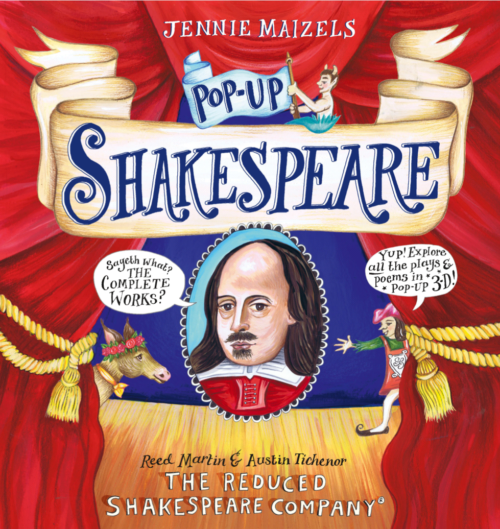Episode 596. Nicole Galland’s D.O.D.O.
Friend of the podcast, novelist Nicole Galland (I, Iago), has co-authored (with Neal Stephenson) a wonderful sci-fi time-travel thriller-comedy called The Rise and Fall of D.O.D.O., which the San Francisco Chronicle calls “a high-stakes techno-farce with brains and heart!” D.O.D.O. is now out in paperback so Nicole returns to talk about the book’s creation, the difficulties of describing your characters, how she met Neal Stephenson, the burden of having too many interests in too many places, the rarity of authorial rebranding, rewriting during the editing stage, how the authors’ writing partnership informed the relationship between the two main characters, some tantalizing clues about the sequel, and how one transitions from an historical to a sci-fi novelist. (Length 18:53)
Podcast: Download (Duration: 18:53 — 22.0MB)

